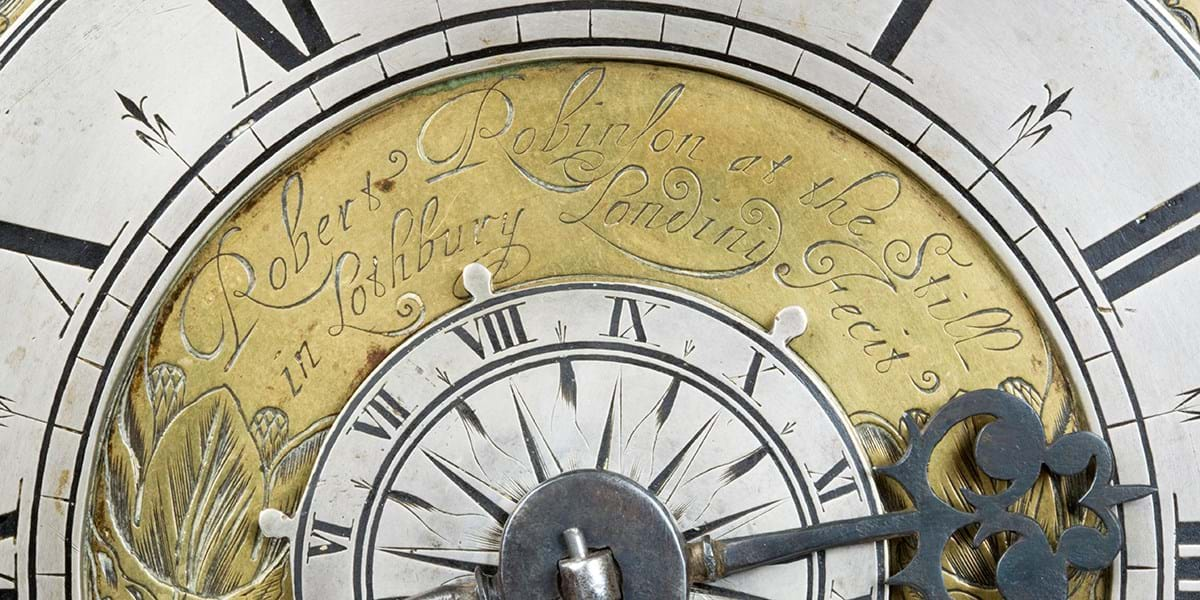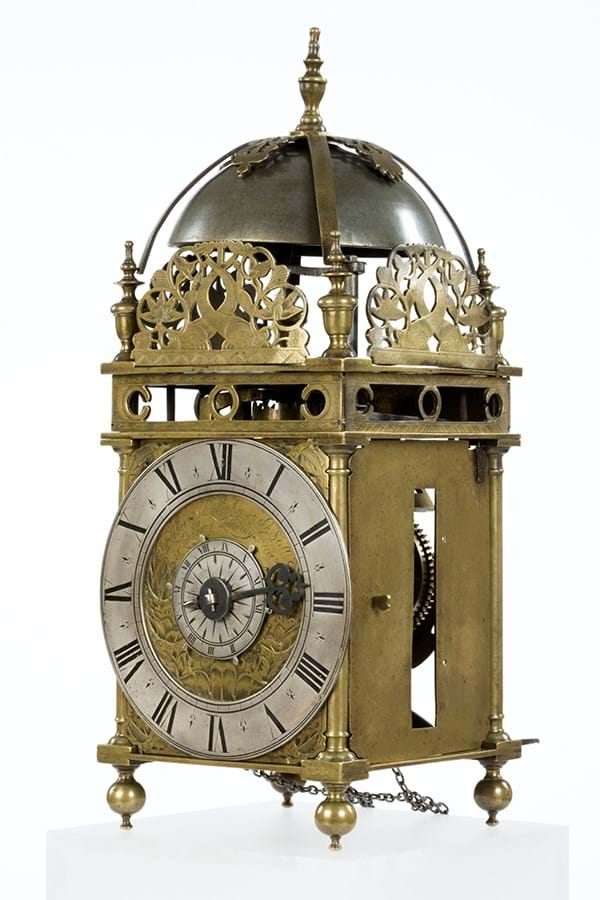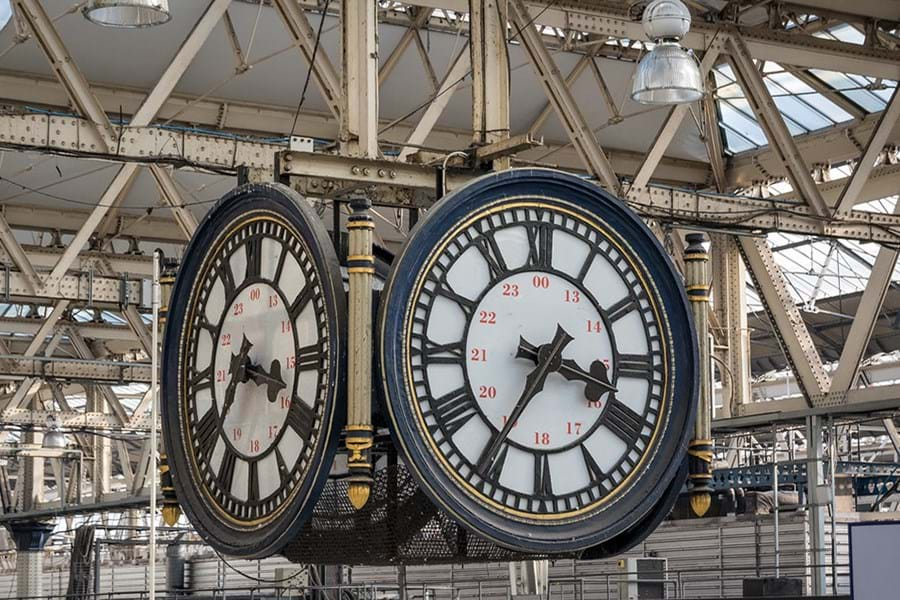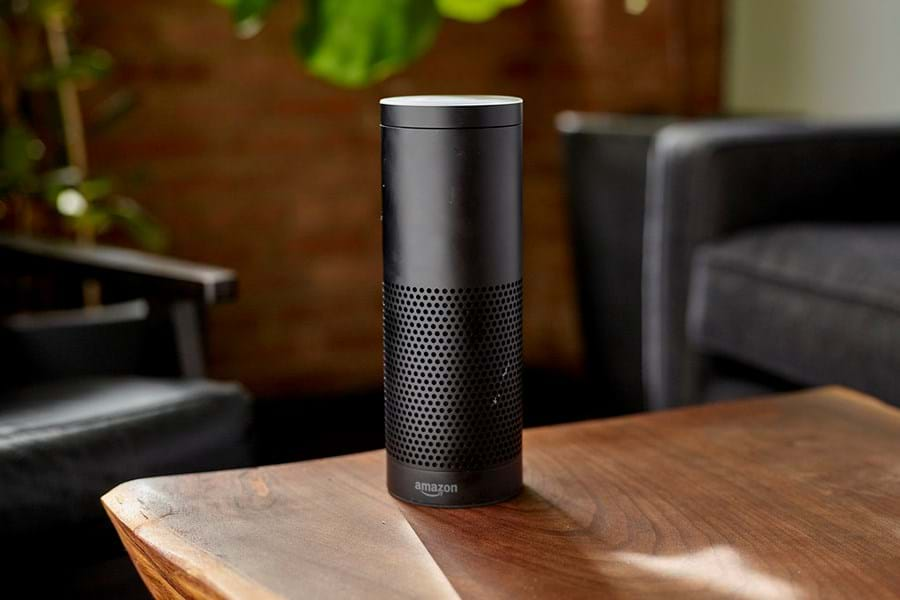Clock watching
Now that many of us are confined to our homes time can lose its meaning. As our daily routines revolve around Zoom calls, board games and Netflix reruns it can feel of little consequence when the clocks change.
 Brass and metal lantern clock, made by Robert Robinson c.1660–1670. Object number 54/2006
Brass and metal lantern clock, made by Robert Robinson c.1660–1670. Object number 54/2006
Time and our behaviour
If our adherence to the ticking hands of the clock is to lessen over the coming months, it would be nothing new.
For much of human history, time was limited to the movement of the sun across the sky and the changing of the seasons.
It was only when people could accurately measure time that it became such a force in our daily lives.
Keeping to time
The lantern clock was the one of the earliest forms of domestic clock in England.
Gaining popularity in the 1600s, the presence of a clock at the centre of the household allowed for eating, sleeping, prayer or study all to be kept to specific times.
The merchant class had already become adept at keeping time out of necessity for their businesses. They now taught their children the importance of keeping time, and the sin of wasting it.
 Brass and metal lantern clock, made by Robert Robinson c.1660–1670. Object number 54/2006
Brass and metal lantern clock, made by Robert Robinson c.1660–1670. Object number 54/2006
Railway time
Time remained a local phenomenon as there could be nearly a 25-minute difference between the accepted time in a Cornwall town and one in East Anglia. This would change in the 1840s with the introduction of 'railway time'.
The train timetable drove the need for a universally accepted time standard, and with an accurate clock in every station to set your watch to, there was now little excuse for people not to be on time.
 The clock at Waterloo Station is from the early 20th century, by Daniele Nicolucci licensed under CC BY-NC-ND 2.0
The clock at Waterloo Station is from the early 20th century, by Daniele Nicolucci licensed under CC BY-NC-ND 2.0
Alexa, what time is it?
In the 21st century there may no longer be a clock on the wall but every device in our home contains one.
Whether it is the alarm clock in your phone that wakes you up in the morning or Amazon's Alexa reminding you of a work call, modern life is completely dominated by the hour, the minute, the second.
 Alexa by stockcatalog licensed under CC BY 2.0
Alexa by stockcatalog licensed under CC BY 2.0
Domestic game changers
Objects that have transformed our homes
